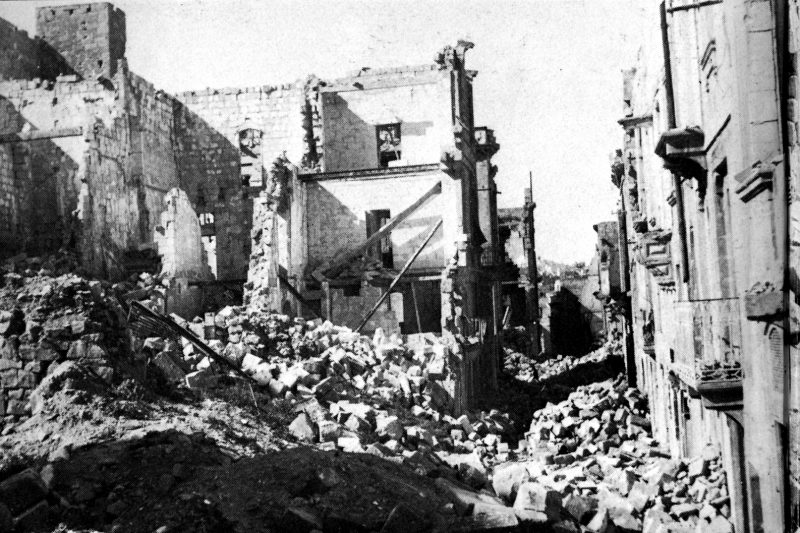John Robert Fox (May 18, 1915–December 26, 1944) was an American soldier who was killed in action when he deliberately called for artillery fire on his own position, after his position was overrun, in order to defeat a German attack in the vicinity of Sommocolonia, northern Italy during World War II. He posthumously received the Medal of Honor in 1997, for willingly sacrificing his life.
Fox was born in Cincinnati, Ohio May 18, 1915, and attended Wilberforce University, participating in ROTC under Aaron R. Fisher and graduating with a commission of second lieutenant in 1940. He was 29 years old when he called artillery fire on his own position the day after Christmas in 1944, for which he was posthumously awarded the Distinguished Service Cross in 1982. More than fifty years after his death, Fox was awarded the Medal of Honor. He is buried in Colebrook Cemetery in Whitman, Massachusetts.
In the early 1990s it was determined that African-American soldiers had been denied consideration for the Medal of Honor solely due to their race. After a review, seven African-American soldiers had their Medals upgraded in January, 1997 to the Medal of Honor; First Lieutenant Fox was one of the seven.
The 92nd Infantry Division (colored), known as the Buffalo Soldiers, was a segregated African American division that fought in World War II. First Lieutenant John R. Fox was of the 366th Infantry Regiment when he sacrificed his life in order to defeat the Germans and save the lives of his fellow soldiers. In December 1944, Fox was part of a small forward observer party that volunteered to stay behind in the Italian village of Sommocolonia, in the Serchio River Valley. American forces had been forced to withdraw from the village after it had been overrun by the Germans. From his position on the second floor of a house, Fox directed defensive artillery fire.

The Germans were in the streets and attacking in strength, greatly outnumbering the small group of American soldiers. Fox radioed in to have the artillery fire adjusted closer to his position, then radioed again to have the shelling moved even closer. The soldier receiving the message was stunned, for that would bring the deadly fire right on top of Fox’s position; there was no way he would survive. When Fox was told this, he replied, “Fire it.” This shelling delayed the German advance until other units could reorganize to repel the attack.
‘That last round was just where I wanted it,, the young lieutenant reported. “Bring it in 60 yards more.”
The receiving operator thought Fox was mistaken – the order would train the full fire of up to 75 heavy caliber artillery guns directly on Fox’s position.
Fox confirmed the order: “There’s more of them than there is of us.”
Seconds later the bombardment began. And within minutes, hundreds of shells had hit the target. each one powerful enough to blast the house and its occupants into oblivion.
www.warhistoryonline.com


Δεν υπάρχουν σχόλια:
Δημοσίευση σχολίου